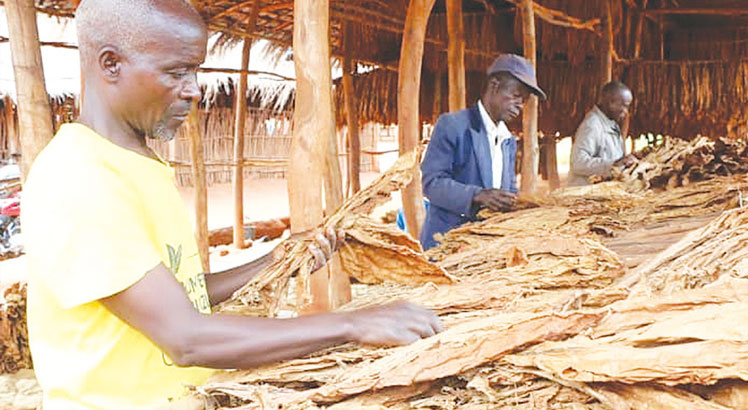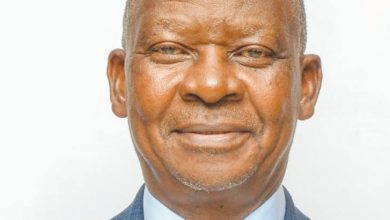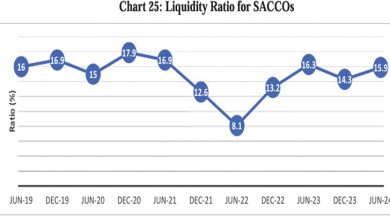Trade deficit narrows in July amid rising exports
Malawi’s trade deficit narrowed to $217.7 million (about K381.4 billion) in July this year driven by a surge in exports, figures from the Reserve Bank of Malawi (RBM) show.
The deficit has narrowed from the previous month’s deficit of $232.8 million (about K407.8 billion), the data shows.
In its July 2024 Monthly Economic Review, the central bank noted that exports increased by 50 percent to $83.8 million (about K146.6 billion) from $56 million (about K97.9 billion) in June 2024.

However, the deficit remains wider than that recorded in July 2023 when it stood at $161.0 million (about K171.7 billion).
The boost in export earnings was primarily led by strong performances in three key commodities, namely tobacco, pulses and wood sawn and plied, according to the report.
During the review period, tobacco exports increased to $38.9 million (about K68 billion) from $23.7 million (about K41.5 billion) in June 2024 while exports for pulses jumped to $18.6 million (about K32.6 billion) from $2.7 million (about K4.7 billion) during the same period.
Despite this growth, not all export sectors fared equally well. Tea exports decreased to $5.5 million (about K9.6 billion) in July 2024 from $7.1 million (about K12.4 billion) in June while groundnut exports, touted as a sustainable alternative value chain, fell to $0.8 million (K1.3 billion) from $5.1 million (K8.8 billion) during the same period.
However, the country remains dependent on imports such as fuel and machinery, which continue to strain the overall trade balance, according to the RBM.
Economists say the growth in tobacco and pulse exports has offered some relief, but questions remain about whether this momentum can be sustained in the face of global market fluctuations.
In an interview on Monday, Catholic University of Malawi economics lecturer Greenson Nyirenda said Malawi can capitalise on the other exports such as pulses which are on high demand in Asia.
“We need to improve our productive capacity as most of the production is done by smallholder farmers, to avoid losing the market to some countries which may also be looking for the same market and may have lower production cost,” he said.
Nyirenda cautioned that the dependence on critical imports such as fuel could leave the country exposed to price shocks.
Malawi Investment and Trade Centre chief executive officer Paul Kwengwere said Malawi has potential to boost exports, but has largely failed to capitalise on the demand on the regional and global markets.
Malawi failed to capitalise on a K243 billion trade deal with South Sudan in 2022 to supply maize flour due to quality issues




